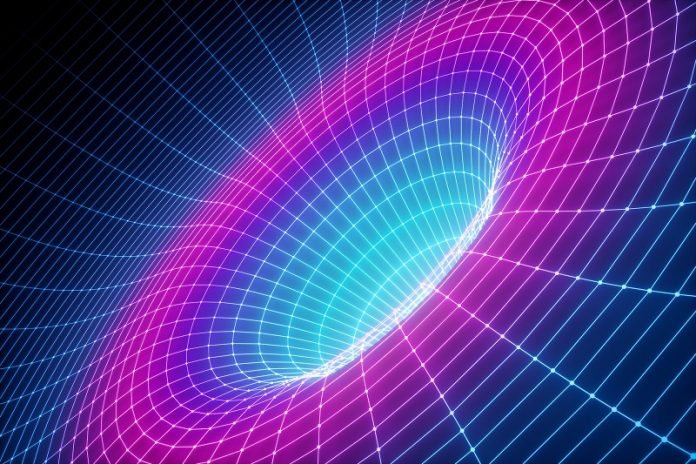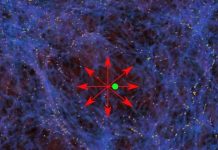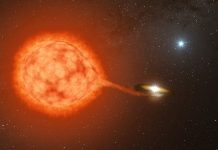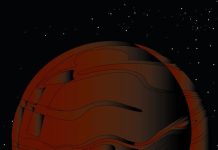
In a fascinating exploration, Dr. Melvin Vopson, a physicist from the University of Portsmouth, has ventured into a realm that often intertwines science and philosophy – the theory that our universe might be a colossal computer simulation.
This theory is known as the simulated universe hypothesis, and it imagines that everything we experience – our surroundings, our feelings, our very existence – is part of a meticulously crafted artificial reality.
Intriguing, isn’t it?
To delve deeper into this, Dr. Vopson has applied a concept he introduced in 2022: the second law of information dynamics, or “infodynamics” for short.
This concept somewhat shifts our traditional understanding of the second law of thermodynamics.
Generally, thermodynamics speaks about entropy, which you might think of as a degree of disorder or randomness in a system, and says that it can only increase or stay the same.
In the realm of information, Dr. Vopson found that entropy can also remain constant or even decrease, presenting a striking revelation.
But how does this connect to us potentially living in a virtual world? Well, Dr. Vopson’s research implies that information – the raw data and coding that underpin our understanding of particles in the universe – has physical mass.
He has even gone so far as to suggest that this information might equate to the elusive dark matter, a mysterious substance that makes up a significant portion of our universe.
If you think of information as having physicality, like the solid objects we can touch and feel, you’ve grasped the core of the mass-energy-information equivalence principle.
Dr. Vopson’s recent paper, which saw light in the scientific journal AIP Advances, has tackled the implications of this second law of infodynamics in various areas including biological systems, atomic physics, and cosmology, revealing some intriguing points:
- Biological Systems: Dr. Vopson suggests that genetic mutations, which are changes in organisms’ DNA, follow a pattern influenced by information entropy. This is a groundbreaking viewpoint that could reshape our understanding and approach towards genetics and evolution.
- Atomic Physics: The law sheds light on electron behavior within atoms, providing fresh insights into concepts like Hund’s rule and offering a new perspective on how and why electrons arrange themselves in specific manners.
- Cosmology: The law seems to be a necessary component when considering the universe’s expansion, aligning with thermodynamic principles and providing support for its legitimacy.
Moreover, Dr. Vopson’s law might explain the prevalence of symmetry in the universe. Think of symmetry as balance and equivalence, like how the wings of a butterfly mirror each other.
The study illustrates that a high level of symmetry correlates to a state of low information entropy, hinting at why nature might favor this arrangement.
Interestingly, this process, where excess information is pruned away, is akin to how a computer deletes unnecessary data to conserve storage and optimize energy use. This resemblance offers a subtle yet fascinating nod towards the simulation theory.
The propositions and findings from Dr. Vopson indeed edge towards supporting the fascinating possibility that our universe and existence could be a massive, intricately designed simulation.
While this might sound like science fiction, the scientific implications and potential advancements in our understanding of genetic mutations, electron behaviors, and universal expansion make this theory worthy of further exploration and empirical testing.
As we await the continuation of this exploration, with potential experiments on the horizon, we find ourselves hovering between the boundaries of science, philosophy, and perhaps, the next revelation of what our reality truly is.
The simulated universe hypothesis thus stands not merely as a concept of sci-fi allure but as a legitimate scientific inquiry, examining the very fabric of our existence and universe.
Dr. Vopson and the researchers that follow are thus not merely physicists but pioneers, navigating through the complex web of reality, information, and perhaps, a simulated existence.
Their work raises intriguing questions and possibilities that will likely enthrall and challenge both the scientific community and public imagination in the years to come.
Follow us on Twitter for more articles about this topic.



